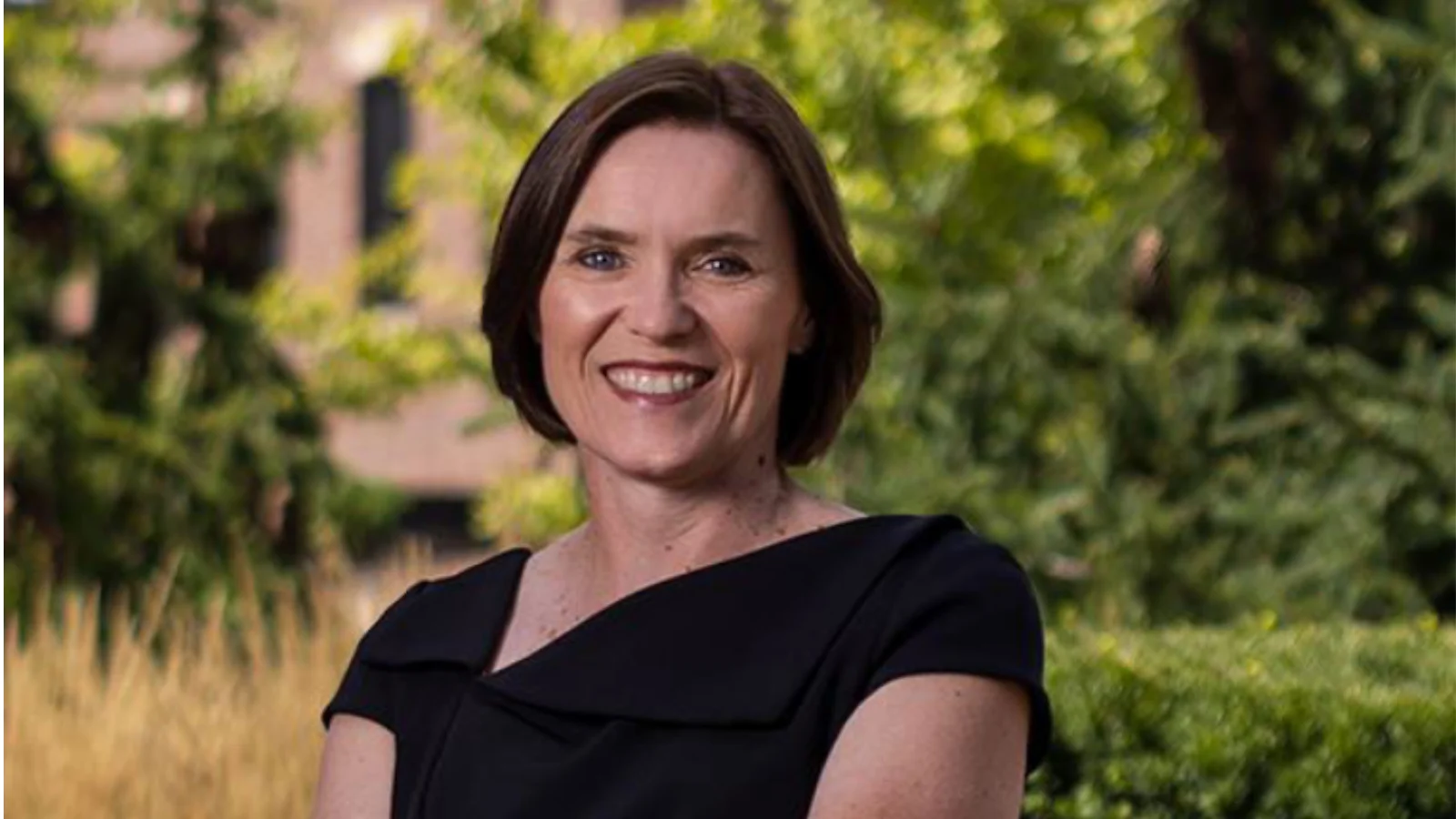Winnie Brinks, Senate Majority Leader | Michigan Senate Democrats
Winnie Brinks, Senate Majority Leader | Michigan Senate Democrats
Senate Majority Leader Winnie Brinks has expressed support for directing all state tax revenue collected at gas pumps toward road improvements, according to her spokesperson. This position aligns her with House Speaker Matt Hall and Governor Gretchen Whitmer as they work on a long-term road funding plan in conjunction with the Fiscal Year 2026 budget.
Currently, sales tax collected from gasoline purchases is distributed through the standard formula, with 73 percent allocated to schools. The proposal being discussed would keep the existing tax structure but redirect all taxes from gasoline sales to road construction. Schools would be compensated from the General Fund for any lost revenue.
Brinks and Senate Democrats are cautious about tying a long-term road funding solution to budget negotiations. They are concerned that vulnerable members could be blamed for potential tax increases needed to backfill the School Aid Fund while securing $3 billion in new funding for roads. Hall maintains that this amount can be found within the current budget, but Senate Democrats want to see a House-passed budget that supports these figures before proceeding.
Despite differences, agreement among Hall, Brinks, and Whitmer on part of the plan is seen as progress.
Governor Whitmer’s spokesperson Bobby Leddy stated, “to ensure that every penny drivers pay at the pump goes to fix the roads while we are also backfilling the School Aid Fund budget to hold it harmless.” He added that negotiations will continue over the summer “as we work toward an agreement that will make another historic investment in our kids, enact a long-term road funding solution, and supports our local governments and services like fire, police and EMTs.”
House spokesperson Gideon D’Assandro welcomed Brinks’ support: “It’s great to hear the Senate Leader is joining Speaker Hall and the governor in supporting this,” he said. “It’s common sense, and it’s what the people want.” He questioned why the Senate has not yet passed a comprehensive roads plan.
Tracy Wimmer of the House Democratic caucus noted that sustainable road funding requires new revenue: “While we are open to many avenues for road funding, shifting money alone is not an answer, especially if doing so would mean other critical services like education or public safety losing dollars because of a half-answer plan,” she said.
Senate Republican Leader Aric Nesbitt also supported dedicating all gas pump taxes to infrastructure: “it’s just common sense that 100% of taxes collected at the gas pump should go to fix our crumbling roads and bridges.”
The ongoing debate has left school officials uneasy as they await clarity on their budgets. Peter Spadafore of the Michigan Alliance for Student Opportunity described this situation as a manufactured crisis since lawmakers missed their July 1 deadline despite available resources. Education groups generally oppose changes to sales tax distribution because school funding depends on it. While legislators have promised schools will be held harmless by prioritizing them in sales tax revenue allocation, uncertainty remains.
Spadafore argued that using School Aid Fund dollars for purposes beyond K-12 education sets up a “false choice” between infrastructure and students. Tina Kerr of the Michigan Association of Superintendents criticized delaying school budgets until a roads deal is reached: “We are putting concrete over kids,” she said. “We are building roads on the backs of our children… This is not potholes versus preschoolers.”
Education leaders also highlighted discrepancies between proposed budgets regarding categorical spending and per-pupil allowances, which could create disparities among districts. Wendy Zdeb of MASSP pointed out that differences between House- and Senate-passed education budgets and those proposed by Governor Whitmer make planning difficult for schools preparing for fall staffing and programming needs.
Piper Bognar, superintendent of Van Dyke Public Schools, said districts are relying on last year’s per-pupil funding levels due to ongoing uncertainty about future allocations.
For more news updates related to Michigan small businesses and policy developments affecting them, visit https://www.sbam.org/news/.





 Alerts Sign-up
Alerts Sign-up